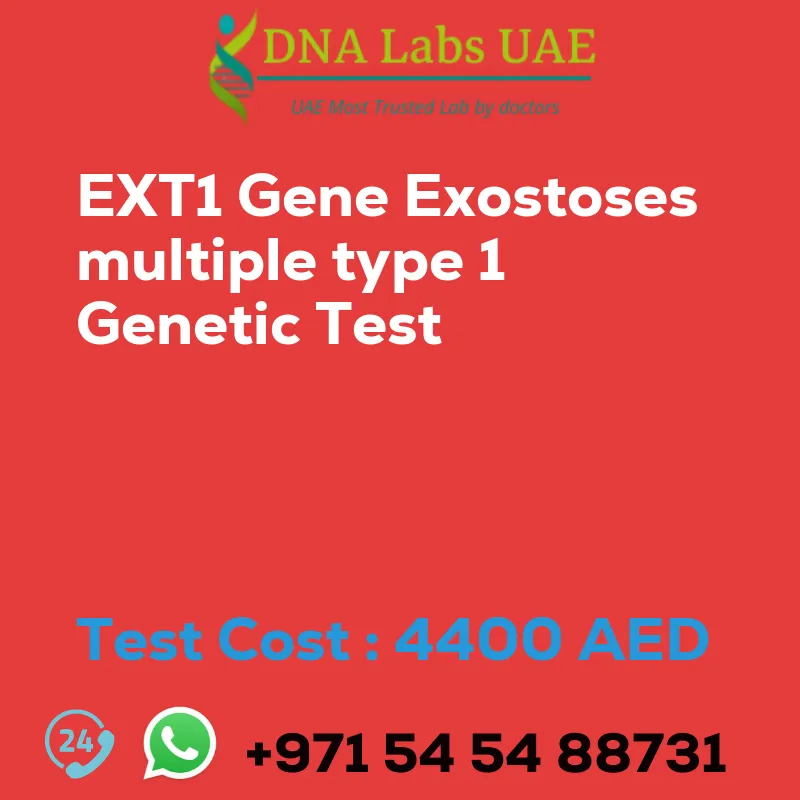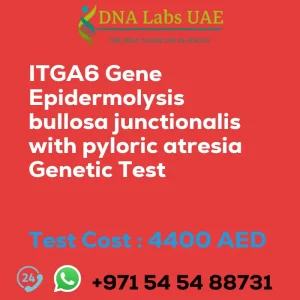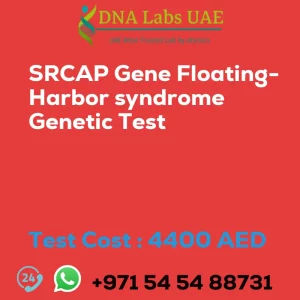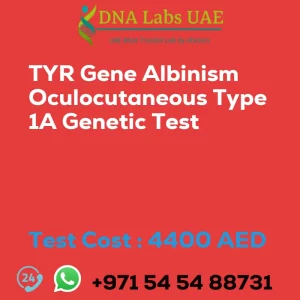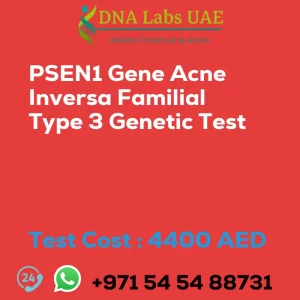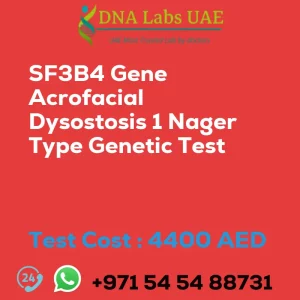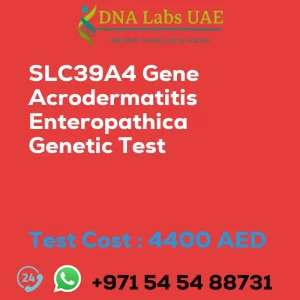EXT1 Gene Exostoses multiple type 1 Genetic Test
Test Name: EXT1 Gene Exostoses multiple type 1 Genetic Test
Components: Blood or Extracted DNA or One drop Blood on FTA Card
Price: 4400.0 AED
Report Delivery: 3 to 4 Weeks
Method: NGS Technology
Test type: Osteology Dermatology Immunology Disorders
Doctor: Dermatologist
Test Department: Genetics
Pre Test Information: Clinical History of Patient who is going for EXT1 Gene Exostoses, multiple, type 1 NGS Genetic DNA Test. A Genetic Counselling session to draw a pedigree chart of family members affected with EXT1 Gene Exostoses, multiple, type 1 NGS Genetic DNA Test gene EXT1
Test Details: The EXT1 gene is responsible for producing a protein that plays a role in the normal development and maintenance of bones and tissues. Mutations in the EXT1 gene can lead to a condition called hereditary multiple exostoses, type 1 (EXT1 HME), also known as multiple osteochondromas. NGS (Next-Generation Sequencing) genetic testing is a type of DNA sequencing technology that can analyze multiple genes simultaneously. In the case of EXT1 HME, NGS genetic testing can identify mutations or variations in the EXT1 gene that may be associated with the condition. By identifying these genetic changes, NGS testing can help confirm a diagnosis of EXT1 HME in individuals suspected of having the condition. It can also provide valuable information about the specific mutation present, which can aid in understanding the inheritance pattern, prognosis, and potential complications associated with the condition. NGS genetic testing for EXT1 HME can be performed using a blood or saliva sample. The sample is sent to a laboratory, where the DNA is extracted and analyzed using NGS technology. The resulting data is then interpreted by geneticists and genetic counselors to provide a comprehensive report on the individual’s genetic findings. It is important to note that NGS genetic testing is not a diagnostic tool on its own. The results of the test should be interpreted in conjunction with the individual’s clinical presentation, family history, and other relevant factors. Genetic counseling is often recommended before and after testing to discuss the implications of the results and provide guidance on appropriate management and treatment options.
| Test Name | EXT1 Gene Exostoses multiple type 1 Genetic Test |
|---|---|
| Components | |
| Price | 4400.0 AED |
| Sample Condition | Blood or Extracted DNA or One drop Blood on FTA Card |
| Report Delivery | 3 to 4 Weeks |
| Method | NGS Technology |
| Test type | Osteology Dermatology Immunology Disorders |
| Doctor | Dermatologist |
| Test Department: | Genetics |
| Pre Test Information | Clinical History of Patient who is going for EXT1 Gene Exostoses, multiple, type 1 NGS Genetic DNA Test. A Genetic Counselling session to draw a pedigree chart of family members affected with EXT1 Gene Exostoses, multiple, type 1 NGS Genetic DNA Test gene EXT1 |
| Test Details |
The EXT1 gene is responsible for producing a protein that plays a role in the normal development and maintenance of bones and tissues. Mutations in the EXT1 gene can lead to a condition called hereditary multiple exostoses, type 1 (EXT1 HME), also known as multiple osteochondromas. NGS (Next-Generation Sequencing) genetic testing is a type of DNA sequencing technology that can analyze multiple genes simultaneously. In the case of EXT1 HME, NGS genetic testing can identify mutations or variations in the EXT1 gene that may be associated with the condition. By identifying these genetic changes, NGS testing can help confirm a diagnosis of EXT1 HME in individuals suspected of having the condition. It can also provide valuable information about the specific mutation present, which can aid in understanding the inheritance pattern, prognosis, and potential complications associated with the condition. NGS genetic testing for EXT1 HME can be performed using a blood or saliva sample. The sample is sent to a laboratory, where the DNA is extracted and analyzed using NGS technology. The resulting data is then interpreted by geneticists and genetic counselors to provide a comprehensive report on the individual’s genetic findings. It is important to note that NGS genetic testing is not a diagnostic tool on its own. The results of the test should be interpreted in conjunction with the individual’s clinical presentation, family history, and other relevant factors. Genetic counseling is often recommended before and after testing to discuss the implications of the results and provide guidance on appropriate management and treatment options. |

